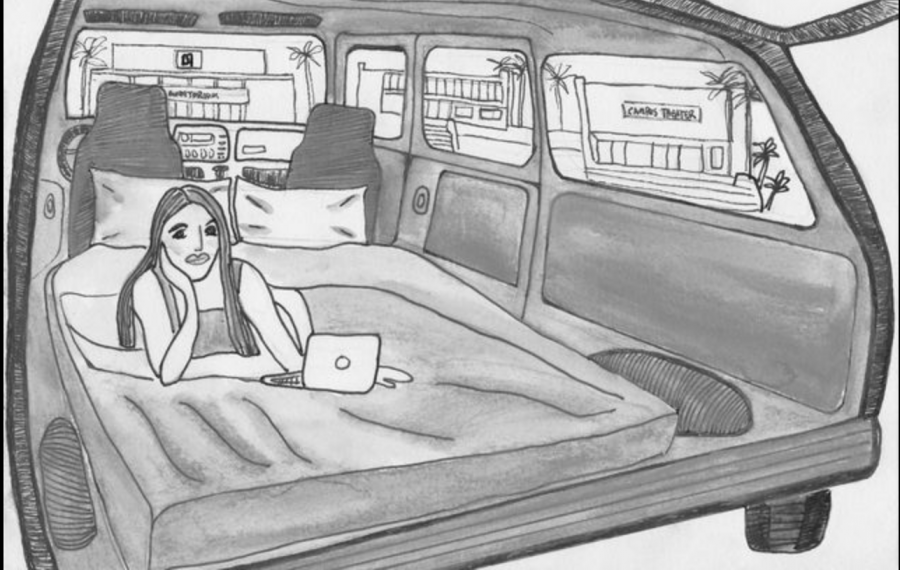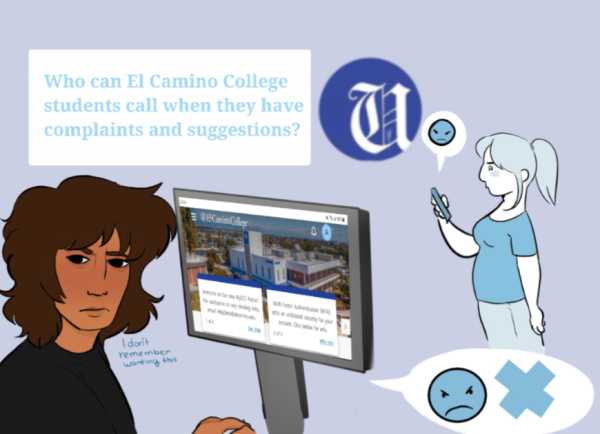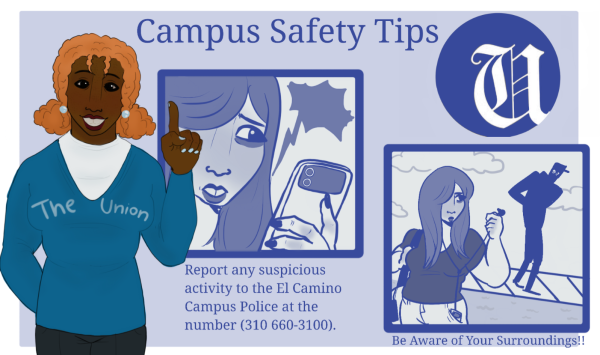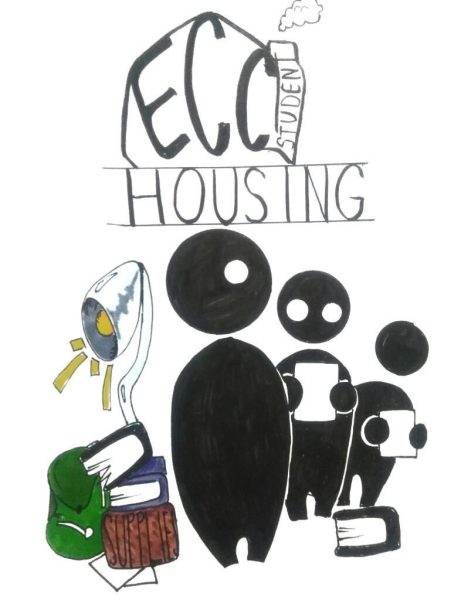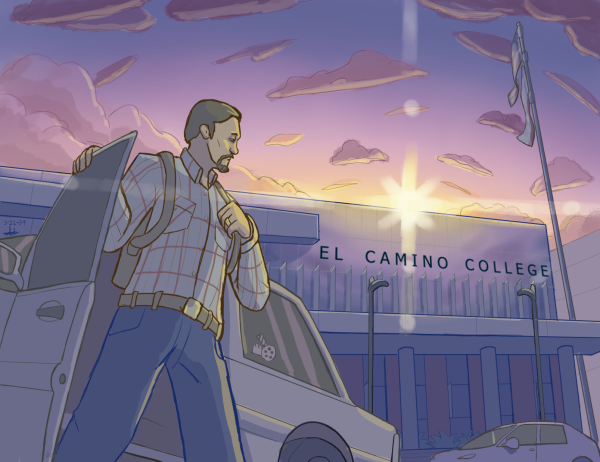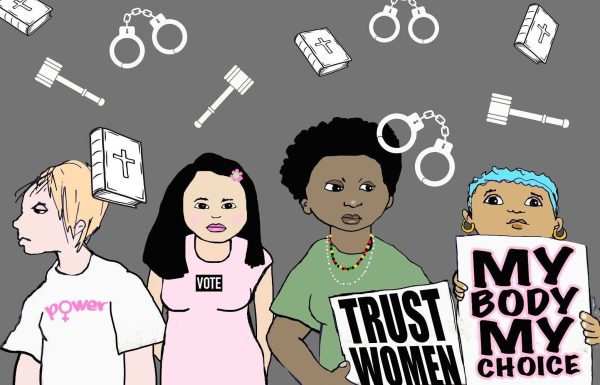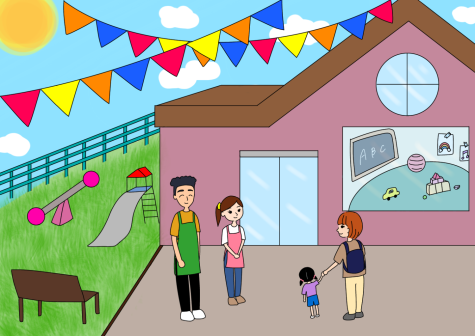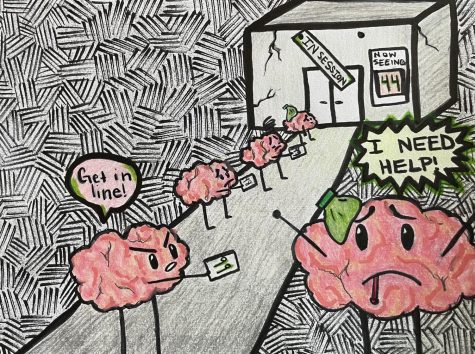Homeless students should have accessible parking
Students make a commitment to better their lives when enrolling into a community college. For some, the commitment could be harder depending on their living situation.
According to a survey done by The Hope Center, 60 percent of California community college students claim to have experienced housing insecurity in the past year.
The Hope Center defined housing insecurity as the shortcomings students face when it comes to paying rent, utilities, and not having a stable place to live.
It is not common for community colleges to offer housing or dormitories but they do have something on campus that could help students in need.
Their parking lots can serve as an overnight residency for students without a place to sleep.
Fortunately, a bill that lets homeless students spend the night at their community college’s parking space has been proposed, according to the California Legislative website.
Assemblyman Marc Berman (D-Palo Alto) introduced AB 302 which only requires a homeless student to be enrolled and in good standing with their school to benefit from the bill.
But regardless of whether the bill passes or not, El Camino College should be lenient towards homeless students seeking shelter at their school.
A student that is already registered, paying for classes and is facing housing insecurities should not get in trouble for spending the night in their college’s parking lot.
However, it could get problematic if non-homeless students attempt to abuse the school’s tolerance over the matter.
A system could be set in place to recognize students who suffer from housing insecurity. It could be simple and discreet like the second form of identification.
This can aid the coordination between homeless students and the EC Police Department.
The bill leaves the details up to the community colleges so it is up to them to specify whether students need a vehicle to sleep at their parking facilities.
EC should be empathetic but also draw the line somewhere.
There could be many complications if homeless students set up tents in the parking lots overnight.
Tents could lead to an encampment in the parking lots that would impede with the majority of the student body, faculty and staff.
It would be hard to enforce the rule of having tents taken down and moved before classes begin.
Sleeping in a car should be required and they should move their vehicle in the morning unless they have an upcoming class.
There are other technicalities that need to be figured out before EC allows homeless students overnight parking access but it should be something already considered.
It is nowhere near a perfect solution for the problems homeless students face but it will surely aid them.
If EC cares about their students, they should assist the ones who strive for a college education regardless of their situations.


